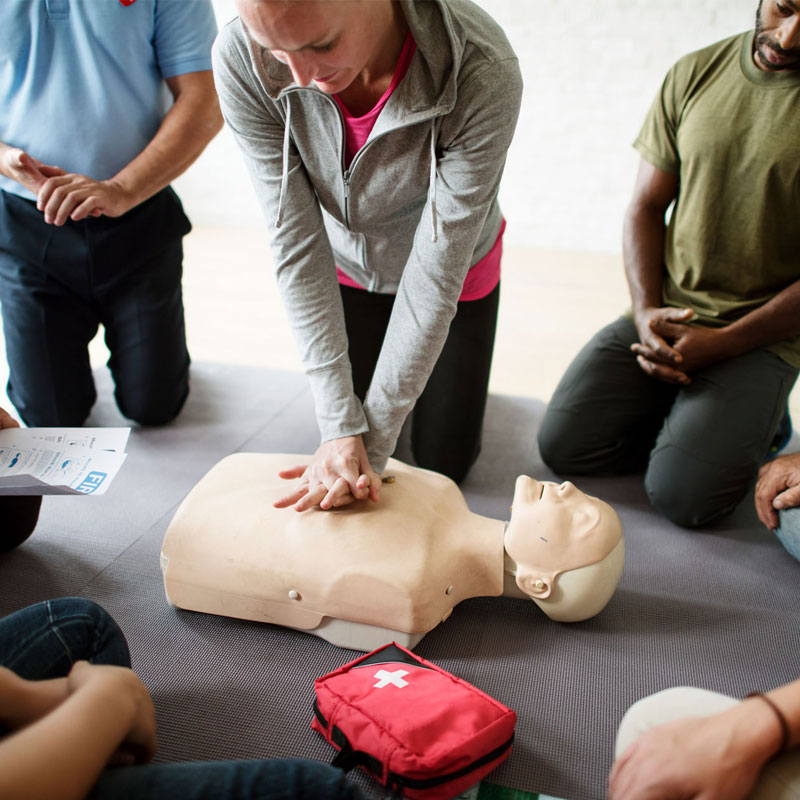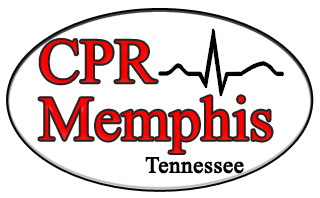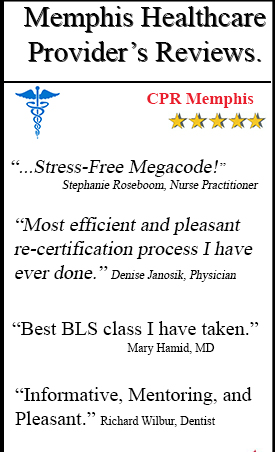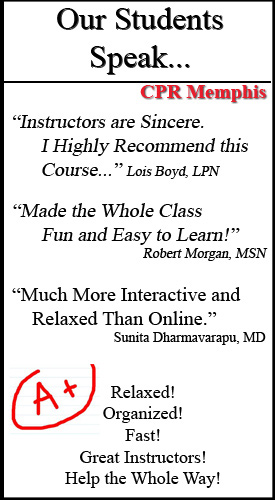In moments of cardiac arrest, seconds matter. Advanced Cardiovascular Life Support (ACLS) equips healthcare professionals with the critical skills needed to intervene quickly and effectively. As part of this life-saving approach, the “Hs and Ts” mnemonic stands out as an essential tool for diagnosing and treating the underlying, reversible causes of cardiac arrest. When used properly, it can dramatically improve outcomes. CPR Memphis, a trusted American Heart Association (AHA) training site, offers comprehensive ACLS courses that emphasize the importance of this mnemonic through hands-on, real-world simulations that prepare providers to act with speed and confidence.

Understanding the Hs and Ts Mnemonic
The Hs and Ts mnemonic is more than just a memory aid—it’s a lifesaving checklist. In a high-stress cardiac arrest situation, medical professionals must rapidly assess for possible causes that, if addressed, could reverse the arrest and restore circulation. These causes are divided into two categories: Hs, which relate to metabolic or systemic issues, and Ts, which generally involve mechanical or toxic disturbances. Recognizing and treating these conditions swiftly is crucial, and ACLS-trained providers rely on the Hs and Ts framework as a guide for doing just that.
The Hs: Common Reversible Causes
Reversible causes of cardiac arrest often go unrecognized in the chaos of an emergency. However, when identified early, many of these conditions can be corrected, giving patients a better chance of survival. This is why the Hs and Ts are emphasized in ACLS protocols. They help focus the resuscitation effort not only on chest compressions and defibrillation but also on uncovering what led to the arrest in the first place. This dual approach—treating the symptoms and the root causes—is what makes ACLS such a powerful tool in emergency medicine.
Hypoxia
The first part of the mnemonic covers the five Hs. Hypoxia, or a lack of oxygen, is one of the most common and urgent causes of cardiac arrest. Ensuring the patient has a patent airway and is receiving adequate ventilation is the first step in correcting hypoxia. Next is hypovolemia, which refers to a significant loss of blood or fluids. This condition can result from trauma, dehydration, or internal bleeding. Rapid fluid resuscitation with crystalloids or blood products can restore circulation and improve the patient’s odds.
Hypovolemia
Hydrogen ion buildup, known clinically as acidosis, is another H to consider. Acidosis disrupts cellular function and impairs the heart’s ability to contract. Arterial blood gas analysis helps identify this issue, and treatment often involves administering sodium bicarbonate to buffer excess hydrogen ions. Electrolyte imbalances, particularly hyperkalemia (too much potassium) and hypokalemia (too little potassium), can also trigger cardiac arrhythmias and arrest. Prompt recognition and correction with appropriate medications like calcium, insulin, glucose, or potassium chloride are vital in these scenarios.
Hypothermia
Finally, hypothermia—dangerously low body temperature—can slow the heart rate and metabolic processes to fatal levels. It’s critical to rewarm the patient using external warming devices or warmed intravenous fluids. Each of the Hs represents a condition that, if diagnosed and treated early, can restore a patient’s rhythm and circulation.
The Ts: Critical Reversible Causes
Turning to the Ts, we begin with tension pneumothorax, a condition where air is trapped in the pleural space and compresses the lungs and heart. Signs include distended neck veins, tracheal deviation, and unequal breath sounds. Immediate needle decompression followed by chest tube insertion can relieve the pressure and save a life. Cardiac tamponade is another mechanical issue in which fluid accumulates around the heart, preventing it from pumping effectively. Echocardiography can aid in diagnosis, and pericardiocentesis—draining the fluid—is the definitive treatment.
The Ts: Critical Reversible Causes
Toxins, including drug overdoses and poisonings, can lead to cardiac arrest by interfering with the heart’s electrical system or depressing the central nervous system. Identifying the substance and administering the appropriate antidote or supportive care is crucial. Thrombosis, both pulmonary (a clot in the lungs) and coronary (a clot in the heart’s arteries), is among the most critical causes of arrest. Pulmonary embolism can be treated with thrombolytics or surgical intervention, while coronary thrombosis often requires percutaneous coronary intervention or fibrinolytic therapy to restore blood flow to the heart.
Why ACLS Training is Essential
ACLS training empowers healthcare providers with the knowledge and practical skills to recognize and manage these life-threatening conditions. At CPR Memphis, ACLS certification includes interactive training sessions that mimic real emergency situations, ensuring that participants leave confident in their ability to apply the Hs and Ts mnemonic effectively. These simulations are designed to challenge and prepare students for the fast-paced decision-making required during cardiac arrest. Whether you’re a nurse, paramedic, physician, or respiratory therapist, staying current with ACLS protocols is essential to providing the best possible care.
Conclusion
Certification in ACLS not only enhances professional competence but also ensures you’re contributing to better patient outcomes. Healthcare is always evolving, and CPR Memphis emphasizes continuing education and hands-on practice as the foundation for mastering new guidelines and technologies. With expert instructors and AHA-approved curriculum, you’ll receive the highest standard of life-saving education.
The Hs and Ts mnemonic is a cornerstone of ACLS and a crucial tool for any healthcare provider faced with a cardiac arrest scenario. Understanding these reversible causes—and knowing how to act on them—can make all the difference in a patient’s survival. By enrolling in an ACLS course at CPR Memphis, you’re taking a meaningful step toward becoming a more effective, prepared, and confident responder. Don’t wait for an emergency to wish you had better training. Take action today and learn how to save lives when every second counts.





